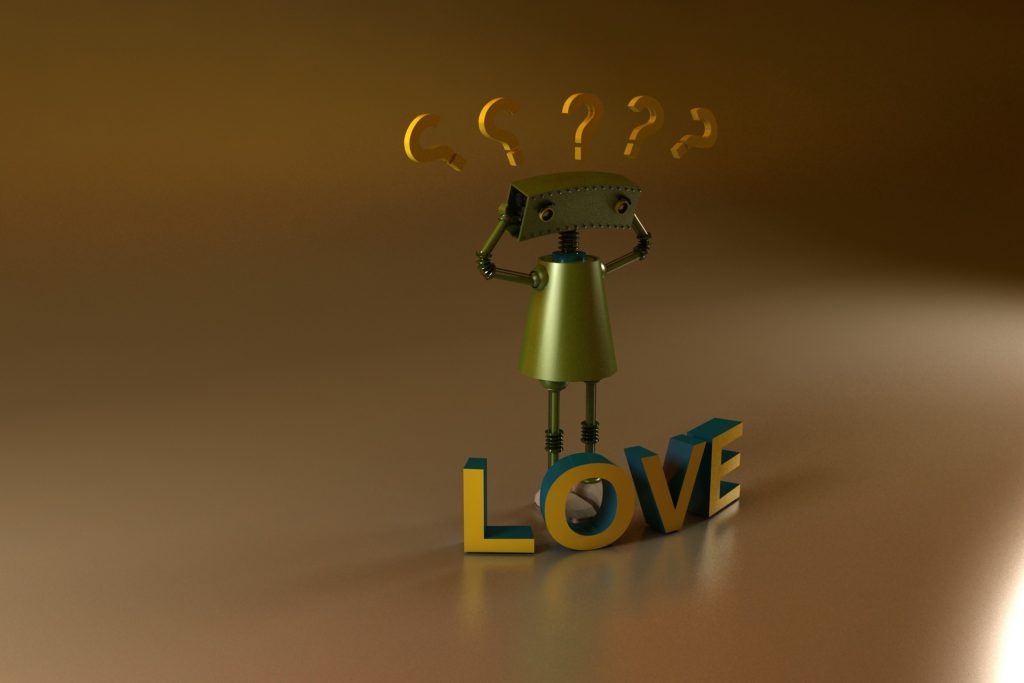Cognitive Dissonance in Relationships with ASPD partners

Just a reminder – I am not a professional mental health expert. As with everything on this site, the following is based on my own, deeply personal experience.
I only came to fully realize that I was involved with, and married to, a partner with ASPD during the discard phase of our relationship. Because of the way it ended, I started looking for any information that I could find that would help with my own mental health. ASPD checked almost all of the boxes in terms of my partner.
My research led me to cognitive dissonance. I mean, seriously, how the hell could I have missed all the signs that I can now see in retrospect? Cognitive dissonance is loosely defined as: the feelings of discomfort that occur when beliefs run counter to behaviors. So what did that mean in terms of my relationship?
I had a set of nice, normal beliefs around what a marriage and partnership should look and feel like. I had never been involved with someone who didn’t share those beliefs. When Jay’s behavior ran counter to those beliefs, I made excuses and rationalized his behavior based on who I thought he was and what I believed in.
For example:
- Jay refused to get a paying job. I told myself he was depressed and going through a rough time, and with enough love and support, he would get his act together. In reality, he had no intention of working again.
- Jay’s alcohol use was a problem, and growing. I told myself that he was just self-medicating, and as his problems resolved (he had no financial worries at the moment; he was in a happy, stable marriage; there was no pressure on him) the alcohol abuse would resolve. In reality, he had no intention of stopping or even slowing down the alcohol abuse. Alcohol is critical to his survival at the point.
- When I broached the subject about how the bills were too much for one person to handle comfortably, I expected Jay to step up and offer to share the weight. In reality, his response was “you must be so frustrated.” I actually didn’t know how to respond to that, and felt guilty for my inability to control my emotions around the topic. In reality, this was Jay’s way of telling me he didn’t give a shit how I was feeling, and had no intention of participating in our economic well being. Who does that?
There are probably 1,001 other examples of what I believed vs. how he behaved (but that is not the true cognitive dissonance, is it?). I honestly thought that if I could support and help him find the one thing he wanted to do most, we’d sail off into the sunset, happily married. What the hell was I thinking? I mostly think that I felt like if I were the one receiving that kind of support, I would gratefully use it to our best advantage.
Unconditional support rarely comes along in anyone’s life, and I was happy to be able to help him. He was my best friend, and I just knew that somewhere inside of him, with enough support, he would figure out who he wanted to be. He is intelligent, charming and attractive, and with all of that going for him, surely he could do anything he wanted and make it a success! Bullshit. Cognitive dissonance. I believed him to be a far better person than he actually ever will be.
And in reality, the actual cognitive dissonance was deeply rooted in what I believed (how he should behave) and how I behaved when faced with that reality. I wrote it off every time. I made excuses for behavior that I normally would find reprehensible.
And why? I felt hugely uncomfortable, but could not admit to myself that I had made a mistake. Rather than deal with this discomfort, I let him be. I did not want to fail in my marriage. I wanted to love and support him the way I thought any good wife would. I wanted to show him that there are good people in this world, and that with enough love, trauma and injustices from the past could be dealt with and overcome. In the process, I totally lost everything material and almost completely lost myself.
What have I learned? People with ASPD are broken. No once can ‘fix’ them, and you’ll be lucky to get out with your own mental health intact. I’m at the stage in my recovery where I’m starting to address the lack of boundaries that I had with Jay, and working to make sure that I’ve sorted those out before I get involved in another serious relationship. And now that I understand cognitive dissonance, I’ll be more wary of accepting behavior based on excuses that I’ve made for the other person – whether done out of true empathy, or done to keep the peace.
Have you experienced Cognitive Dissonance in your personal relationships? How were you able to move forward?



